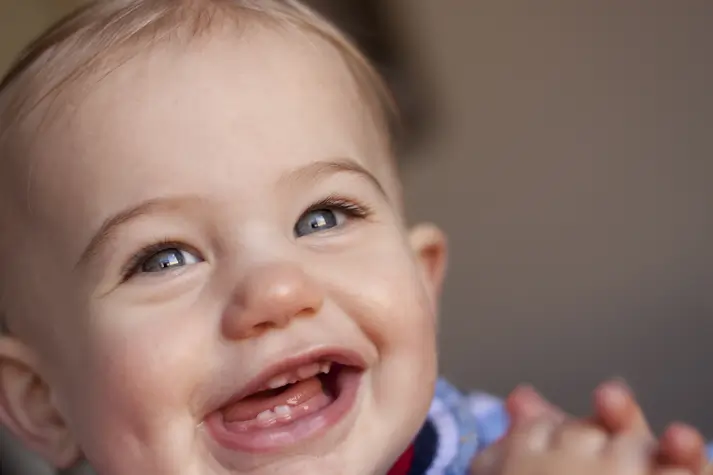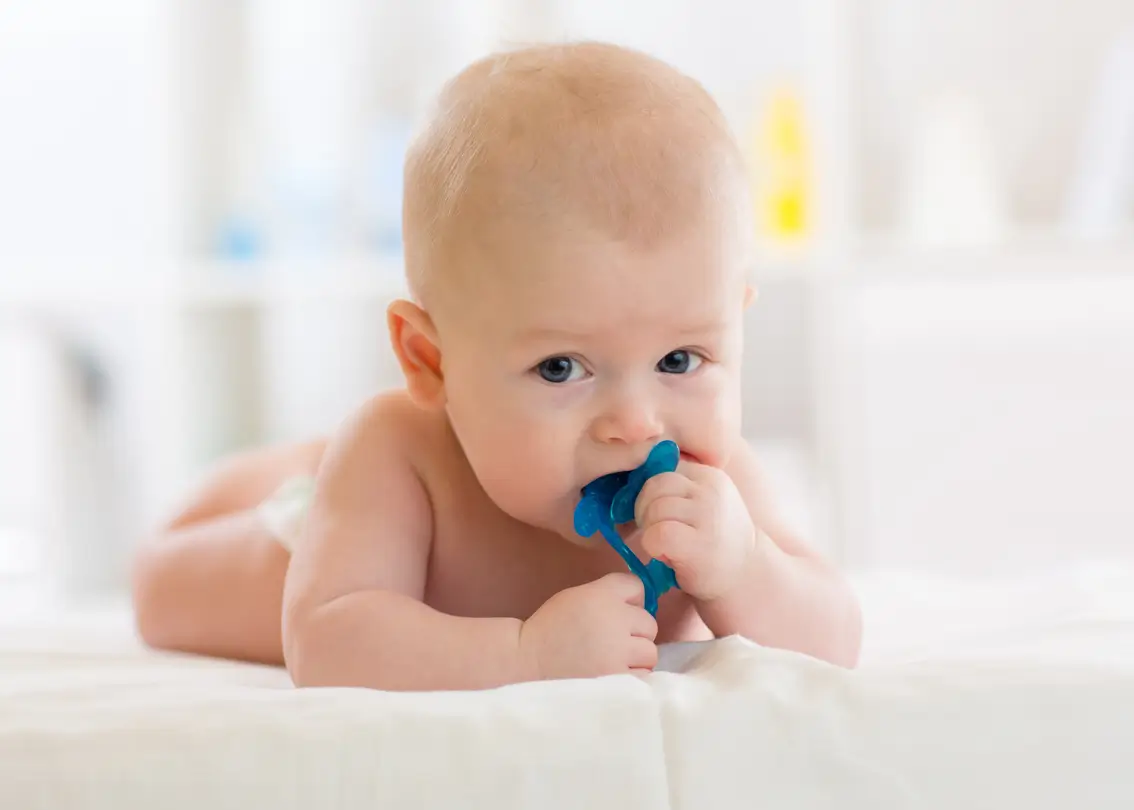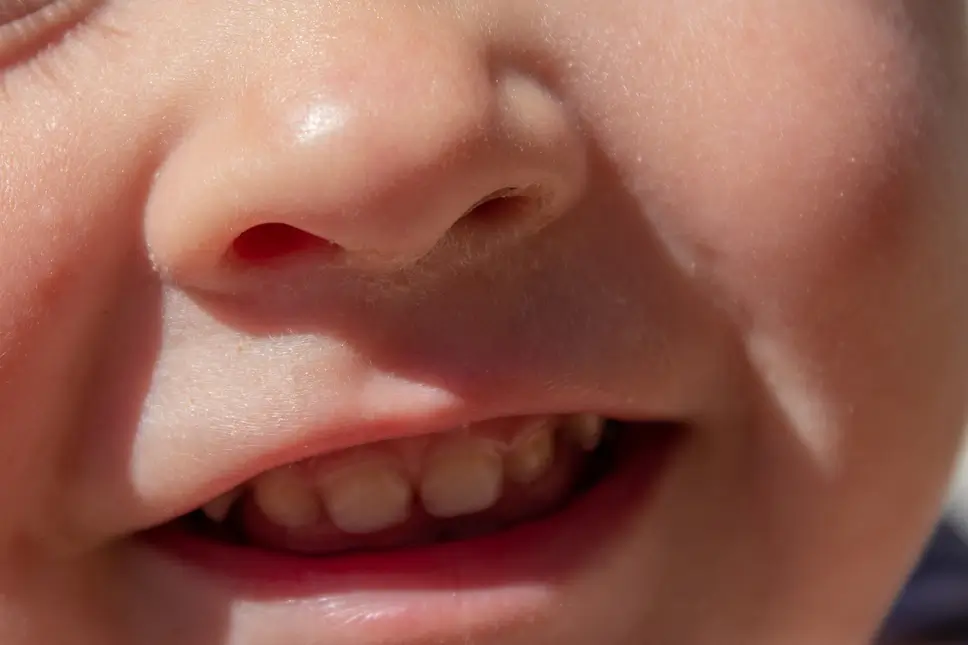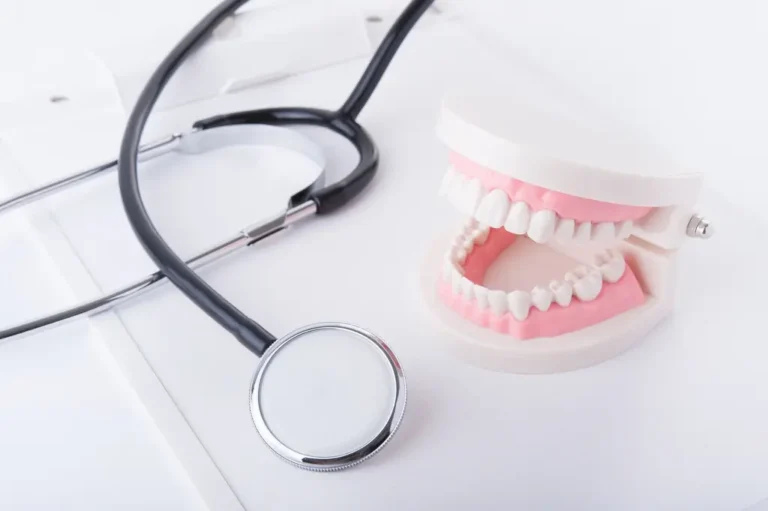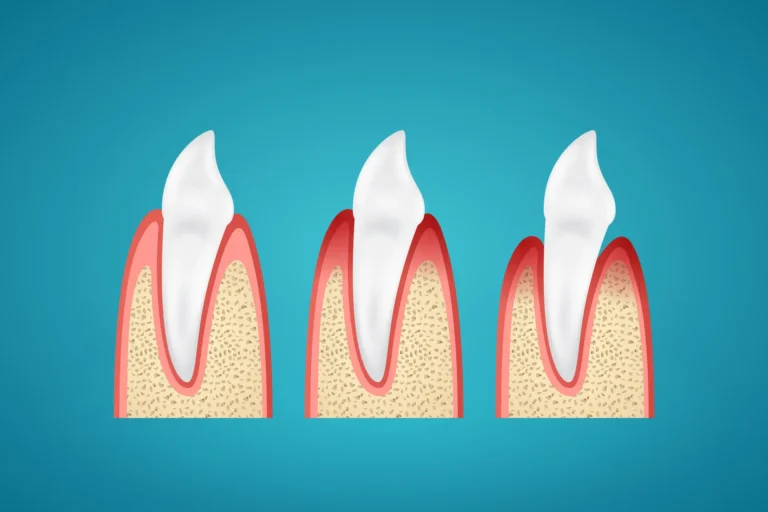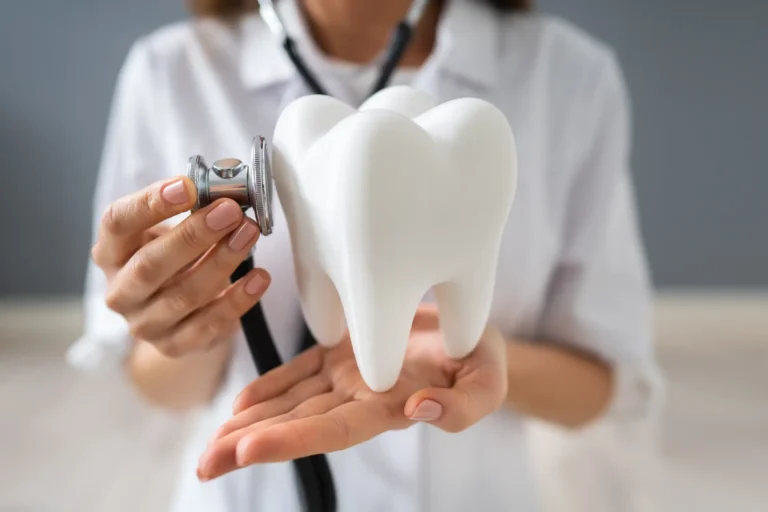Understanding Infant Bruxism: What’s Normal & When to Take Action
If you’ve noticed your baby grinding teeth – especially during sleep – you’re not alone. This common behavior, known as bruxism in infants, often begins when the first baby teeth begin to emerge. While it may sound unsettling, it’s usually a harmless stage of development. Still, many parents wonder when it’s time to take action.
Here’s what to know about babies grinding teeth – what causes it, how to help, and when to see a pediatric dentist.
What Is Bruxism In Infants?
Bruxism refers to the involuntary grinding or clenching of the teeth. In infants, it often happens at night or during teething. You might notice faint clicking sounds or see signs like visible wear, fussiness, or mild oral discomfort.
While often harmless, regular pediatric dentistry checkups can help ensure your baby’s dental health is on the right track from the start.
Why Do Babies Grind Their Teeth?
Several factors contribute to bruxism in infants. The most common is teething discomfort – grinding offers counter-pressure on sore gums. Other causes include adjusting to a new bite, natural jaw development, or even self-soothing during light sleep cycles.
Most cases resolve on their own, but ongoing dental care allows your provider to catch any issues early.
Does Your Baby Need Treatment for Pediatric Dentist?
Take this short quiz to better understand if your baby’s teeth grinding might require attention from a pediatric dentist.
Support Your Baby’s Smile Today
If baby grinding teeth has you wondering what’s normal and what needs attention, Advanced Dental Arts – and its partners – are here to help. Our experienced team provides personalized, compassionate care in a calm setting, trusted by families throughout Greenwich Village and beyond.
Whether it’s your baby’s first visit or just a quick check-in, we’ll make sure you feel confident about every step forward.
Schedule an appointment today and start your child’s lifelong journey to healthy, happy smiles.

